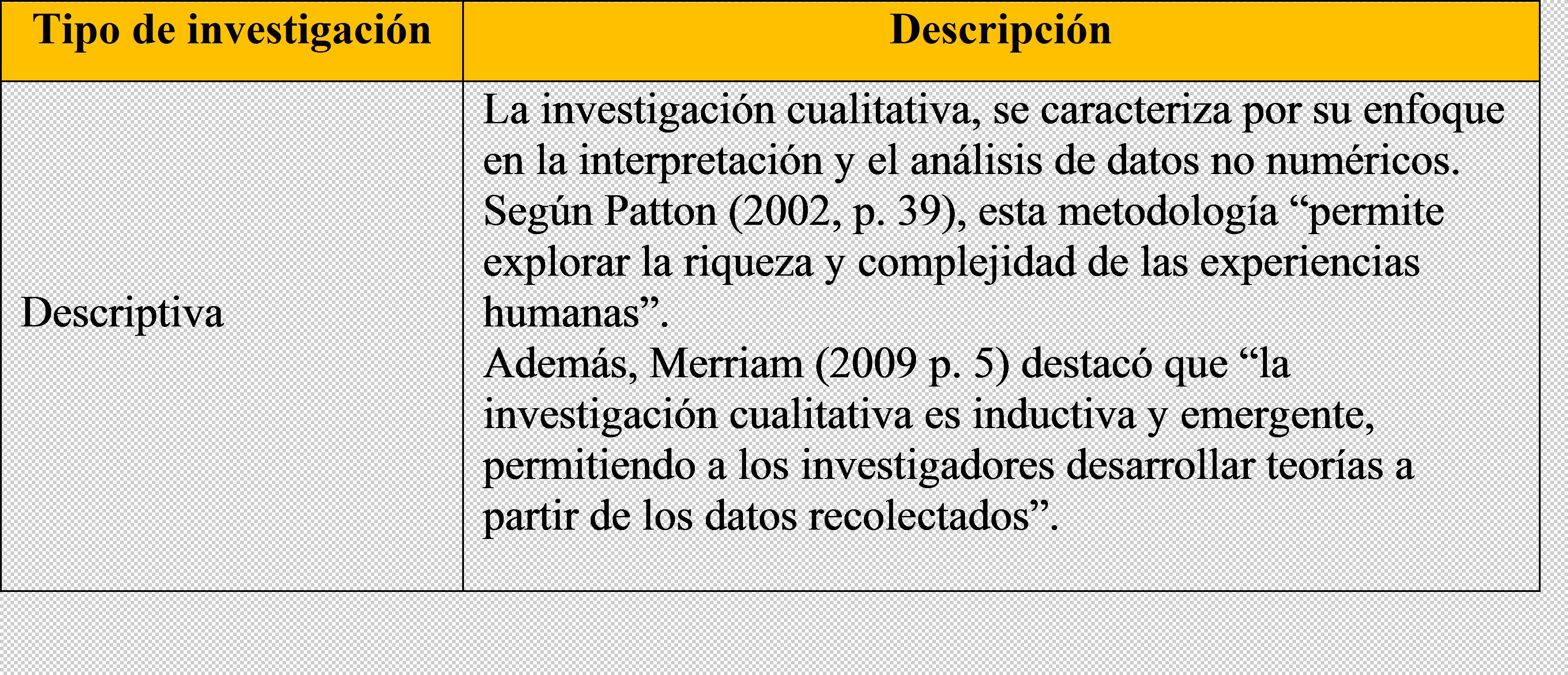Reality as a geographical fact: contemporary perspectives
Main Article Content
Abstract
Geography has undergone a significant transformation in its understanding of reality, shifting from a purely descriptive approach to a more critical and dynamic interpretation. This new perspective sees geographic reality as a constantly evolving social construct shaped by complex interactions among social, economic, and political factors. Thinkers such as Doreen Massey and Edward Soja have been central to this reconceptualization, highlighting the active role of space in producing social reality and the importance of spatial justice. Meanwhile, global challenges like climate change and rapid urbanization are reshaping our understanding of the environment. Concepts such as “planetary urbanization” challenge traditional distinctions between urban and rural. Technological revolution manifested through augmented reality and volunteered geographic information systems are creating new layers of reality intertwined with physical space. Simultaneously, the Anthropocene concept underscores human impact on a geological scale, demanding more integrated analyses of human and natural systems. Geography is adopting a more inclusive approach, integrating non-Western perspectives and tackling spatial and environmental inequalities. Looking forward, the discipline moves toward more holistic and sustainable approaches, emphasizing the essential role of resilience and agency in space production, and exploring the implications of emerging digital geographies.
Article Details

This work is licensed under a Creative Commons Attribution-NonCommercial-ShareAlike 4.0 International License.
Los contenidos de la revista están protegidos bajo la licencia Creative Commons Atribución-NoComercial-Compartir Obras Derivadas Igual 4.0 Internacional (CC-BY-NC-SA 4.0). Esta licencia permite compartir, copiar, distribuir y transformar las obras, bajo las siguientes condiciones:
- Citar la autoría y fuente original.
- Mantener los mismos términos de la licencia en las obras derivadas.
Los editores están autorizados a depositar y difundir los trabajos en bases de datos y redes sociales, con el objetivo de aumentar su visibilidad.
Términos de la licencia: http://creativecommons.org/licenses/by-nc-sa/4.0/deed.es

